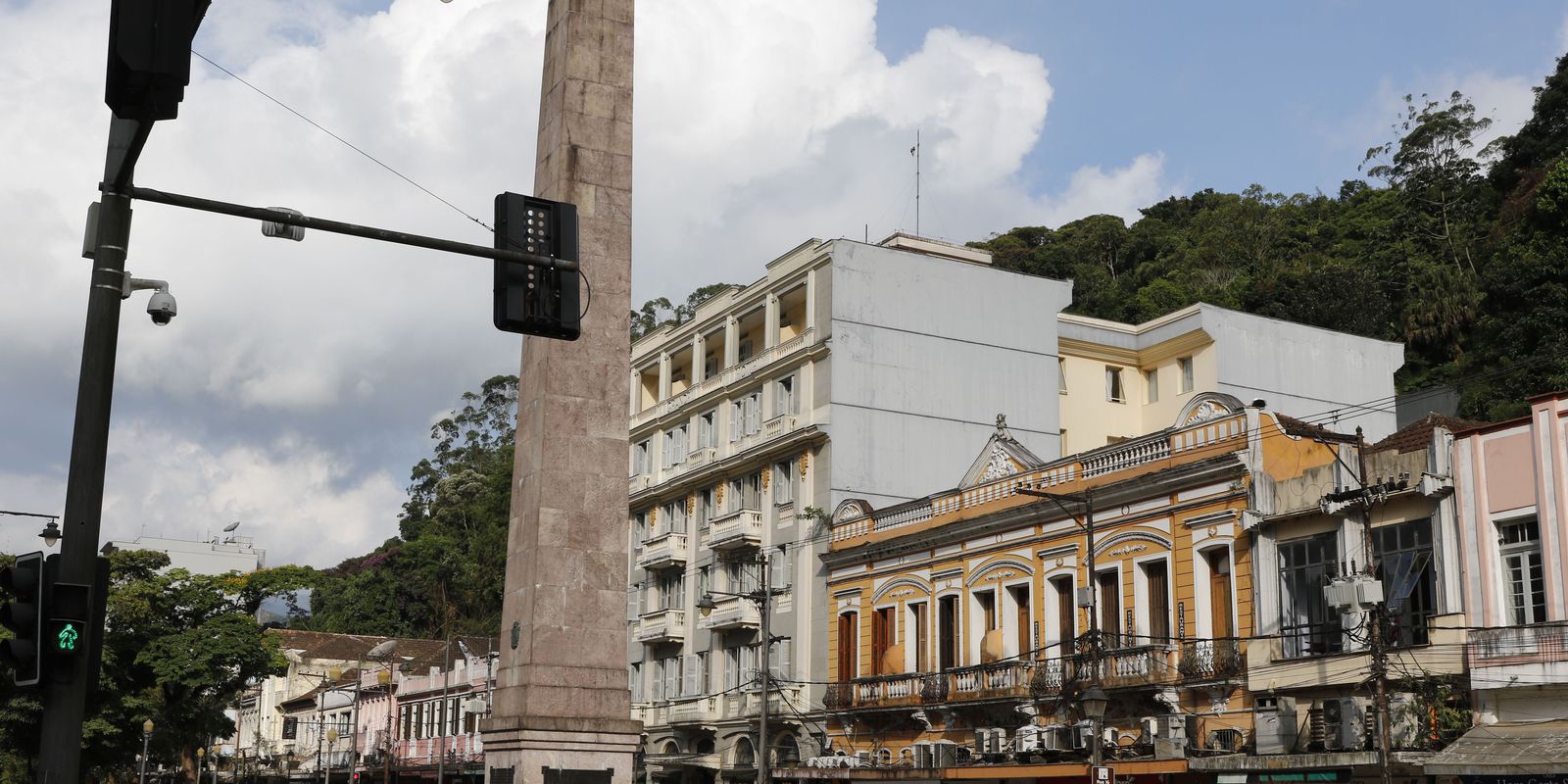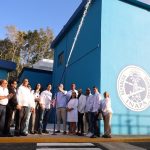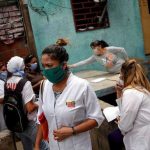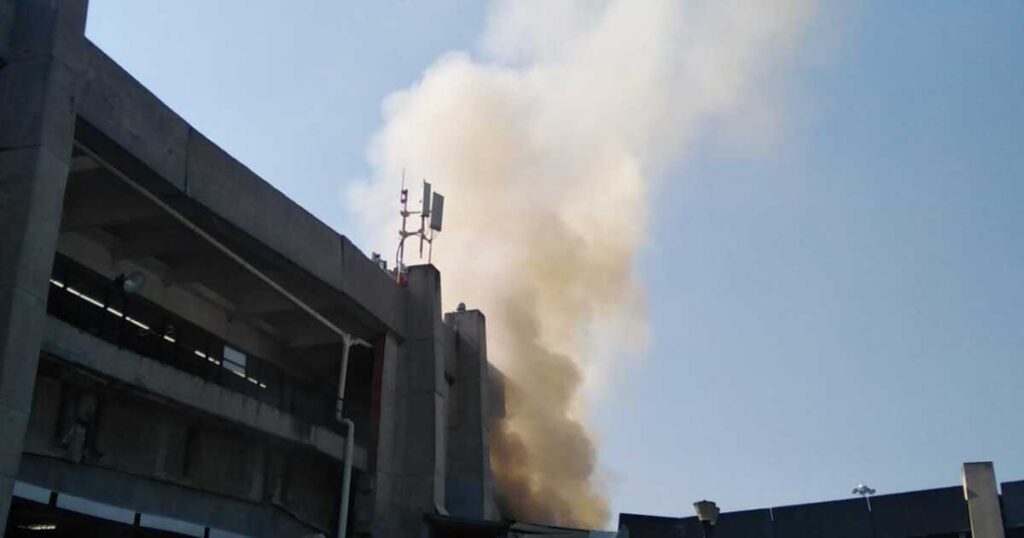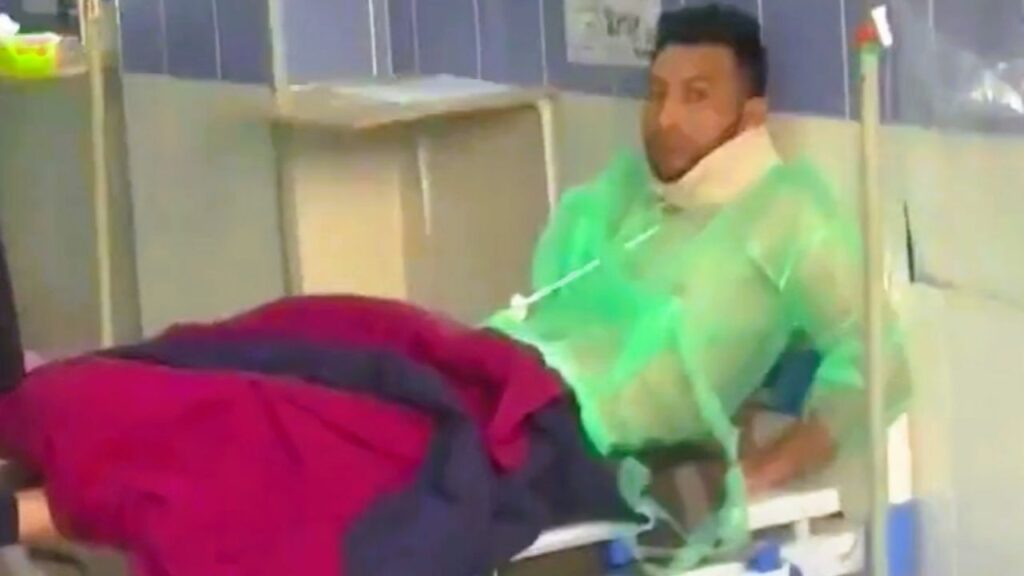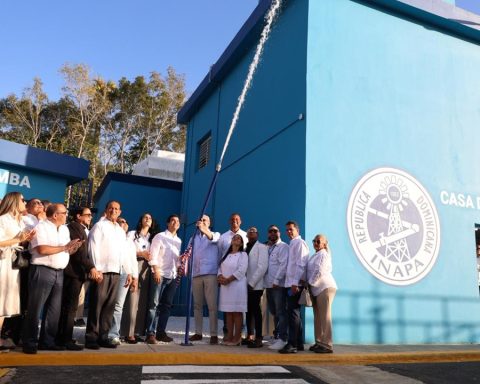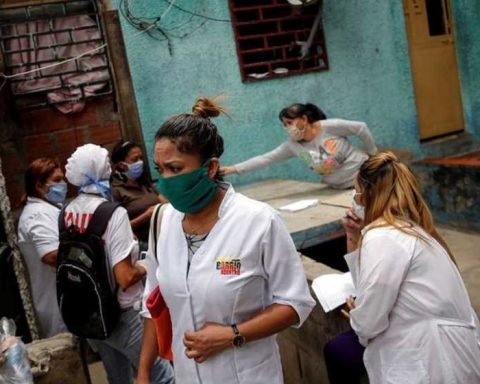Twelve days after the tragedy that struck Petrópolis, the city’s commerce is trying to resume business. The flood that started in the middle of the afternoon on the 15th made the water level rise quickly and took everyone by surprise, preventing them from taking measures to protect the stock, causing losses to traders.
The stores located on Rua do Imperador, one of the main ones in the center, were hard hit. At Papelaria Obelisco, one of the most traditional with 40 years in the market, the loss was total, said manager Diego Silveira.
“This season it always rains well, but that day the rain didn’t stop. When we saw it, the cars were already floating and there was no time to put all the floodgates. That day, the water passed our chest. We lost everything we had in the store. The damage is close to R$ 1 million. We were in school term so we were having a good sale. There’s nothing to do,” said Diego. The stationery’s situation is not worse because it belongs to a large state network, which must absorb the damage to its structure.
Other merchants do not have this facility, as they have family stores, passed down from father to son, and have suffered the loss on their own. An example is the musical instrument store Casa Seabra, founded in 1969 and run by the family itself. According to the manager Ariadne Marques dos Santos, daughter of the founder, the water rose so fast that it was not possible to remove most of the musical instruments, which were totally lost.
“It’s been very difficult. Because we had no idea that something like this would happen. It was unexpected. There have been other floods, but we didn’t lose anything, as we placed the instruments above one meter in height. Only that this rain was atypical, it rose more than one and a half meters [a água]. We lost many instruments, accessories and counters. Everything will have to be changed, even the walls. We will reopen after carnival, but I don’t know when. The damage was around R$ 150 thousand”, said Ariadne.
While traders in the central region counted the material losses, others lamented the loss of customers killed in the landslides, as recalled by Jaime dos Santos, who owns a small bar, up the hill of Morro da Oficina, where most of the people died in the tragedy.
“I never thought this could happen. There were a lot of people I knew, who will no longer come here to my bar. Unfortunately. They died. They will stay in memory”, said Jaime, whose bar was closed for five days, as there was no water supply. The establishment was not affected, but a few meters ahead, across the street, practically everything collapsed.
Clothing
Petrópolis is famous for the number of clothing stores and clothing companies, which leads hundreds of people to climb the mountains daily, especially on weekends, in search of good deals.
For these entrepreneurs, the hope is to have work normalized in the middle of the year. Addison Meneses, who is also president of the Petrópolis Clothing Industries Union, has a small/medium-sized company. Before the pandemic, production was around five thousand pieces per month.
“I don’t think it will take long for our gear to start working again. For the winter now, we will be working again. It’s a very important season. I think that in two, three months, people will already have the stores ready to receive (customers). The first impact is really really bad, but people are going to reinvent themselves,” Addison said.
One of the reasons why he believes in the recovery is that the sector is now more pulverized. In place of the large companies that marked the city as the largest industrial center in South America in the 50s and 60s, smaller companies operate today, with few employees, but there is also the workforce of seamstresses who do their jobs at home.
Addison’s company, established in Petrópolis for 37 years, has five hired employees and the rest of the pieces are on behalf of groups of seamstresses spread across the city, generally with a maximum of three in each location. The problem now is that many live in areas that have been hit hard by the rain, such as the 24 de Maio region.
“It will shake the sector, the entrepreneur, but we will quickly reinvent ourselves because we are pulverized. A lot of people also sell out of town. What we are going to have to rebuild is Rua Teresa, which today is stopped,” he explained.
Although confident in the return of activity, Addison pointed out that, in order to recover production, entrepreneurs need the help of the government with the release of credits. He hopes to be able to reopen the company next week.
“We have to make the government look at the region’s businessmen in a special way, giving resources at a viable cost and with time to pay the installments and people to have a breath to rebuild. There were people who lost stock, there were those who lost machines. As it is a very dispersed thing, the entrepreneur has no money, but he will fix it if the government helps. Even because of the pandemic, entrepreneurs have been in a complicated situation for a while,” he added.
